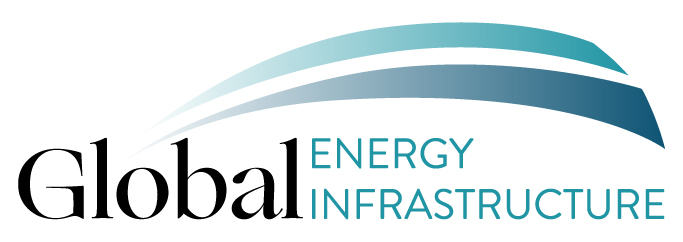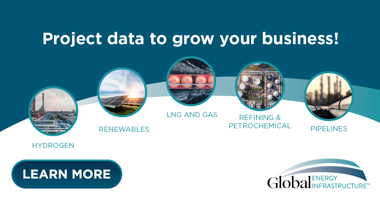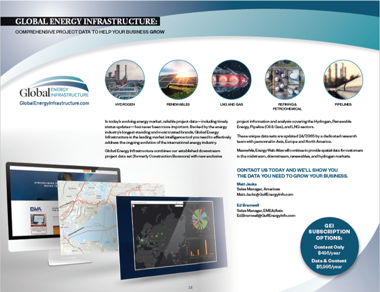Gas Projects in the U.S. Face Increasing Opposition in 2021
As 2021 began, a few projects in the United States quickly faced delays and challenges to their progress. Domestic gas projects faced new opposition in what could be an increasingly difficult terrain as an emboldened administration takes over in Washington under new climate directives.
Earlier this month, a proposed $2 billion dollar methanol production facility to be built in Kalama, Washington received a significant setback to its plans after a key permit was denied. The Washington State Department of Ecology stated on January 19 that it had denied a Shoreline Conditional Use Permit to the planned 3.6 million ton per year plant by Chinese-backed Northwest Innovation Works (NWIW). The company intends to take natural gas from Canada for conversion to methanol for olefin production in China.
NWIW was disappointed in this decision and considers it to be short-sighted, as the company has stated its climate considerations. The company’s Chief Development Officer, Vee Godley, said recently that “The science developed shows that this project is the cleanest, most climate-friendly way to make products we use every day.” NWIW has the ability to appeal this permit decision and is evaluating possibility that at this time. Time will tell if a stricter climate approach will affect this project’s success.
Over in Oregon, the long-proposed Jordan Cove LNG project has received what has to be a major setback in its development as U.S. regulators upheld a decision to deny a clean water permit for this project last week. The Federal Energy Regulatory Commission had approved the $10 billion export terminal and its associated pipeline build and operate plan last March, but local opposition and environmentalists forced the denial of the clean water permit, possibly halting progress altogether. Oregon Governor Kate Brown backed the regulator decision, stating that “At every stage of the regulatory process, I have insisted that the Jordan Cove LNG project must meet Oregon’s rigorous standards for protecting the environment, or it cannot move forward.”
Development slowdowns like these come alongside the new U.S. administration under President Joe Biden that recently made worldwide headlines with the cancellation of the long awaited Keystone XL pipeline. That announcement, coupled with the administration’s ban on new permits for federal land and water drilling, can be seen as aggressive action towards climate change procedures and planning. This ambition mindset of climate change is likely to continue to delay projects by embracing environmental opposition. In a statement from the White House this week, recent orders from the president have the purpose of “ revitalizing the U.S. energy sector, conserving our natural resources and leveraging them to help drive our nation toward a clean energy future,″ and also by “delivering justice for communities who have been subjected to environmental harm.″ The latter portion of that statement could further hinder projects moving forward, as we’ve seen thus far in 2021.






